Student Blog
Getting Involved
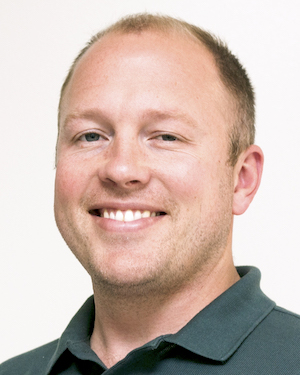
2018 OTAC Conference Student Knowledge Bowl ⟩
October 27, 2018, by Evan
Getting Involved
This weekend is the annual conference of the Occupational Therapy Association of California (OTAC) and I am having the time of my life. What a privilege to spend a weekend learning more about unique and meaningful applications of occupational therapy from future colleagues, and spending time with my professors and fellow students in a professional setting. This morning was the annual student knowledge bowl, and I’m happy to report USC had a great showing. We took 2nd place overall, from a diversified field of many OT and OTA programs across California, and I’m so proud to have been part of the team. The format of the competition utilized past questions from the NBCOT licensing exam, so in addition to being a lot of fun the session proved to be a valuable learning experience for participants and audience members alike. I want to especially thank Tracy, Jesse, and Joyce for waking up early and representing our school. Fight On!
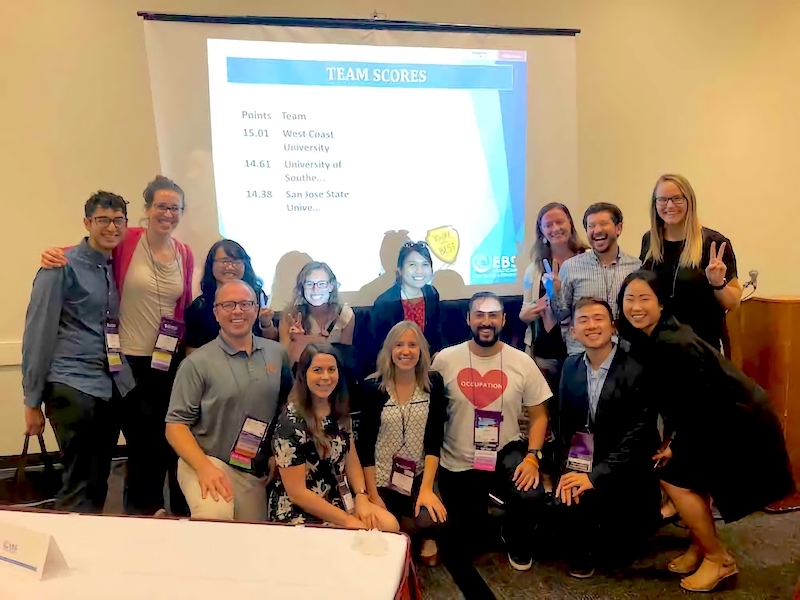
⋯

OTAC Conference Around the Corner ⟩
October 17, 2018, by Evan
Getting Involved
Every year, the Occupational Therapy Association of California holds a state-wide conference. This year the conference will be held Oct 25-28 just down the street from us in Pasadena, CA. OTAC Conference is one of the highlights of my year, not just because I’m the OTAC liaison for my 2019 graduating class, but because I truly believe in the mission of OTAC and am proud of how the organization serves our profession.
OTAC is a membership organization, meaning that the bulk of the operating budget is directly gathered from current professional and student memberships. Here at USC, the student body elected to require all currently registered students maintain active memberships, and I am so proud that we do so. The money raised across the state fosters a wide variety of leadership and professional development initiatives, but most importantly it is utilized for legislative advocacy efforts. AB221 (Update of the Occupational Therapy Practice Act), which was signed into law by Governor Brown several weeks ago, is a recent success story of these dollars at work. I encourage you to learn more about the OT Practice Act and how it has been amended to reflect the modern-day needs of patients and the current services offered by occupational therapists and occupational therapy assistants. These are the important issues of our day.
So, for those of you considering a career in Occupational Therapy, I cordially invite you to conference to learn more about our profession. For those of you who are currently students, I invite you to conference to learn about ways in which to become a more competent practitioner, advocate, and future leader in the field. And for those of you who are already licensed professionals, I encourage you to come to conference with an open mind (there’s always something new to learn), pass on your considerable knowledge to future practitioners, and keep your OTAC membership current!
The stakes are high. I don’t believe it’s an overstatement to suggest that the future of our profession will be shaped by how directly students and professionals continue to engage with our state and national professional organizations.
⋯
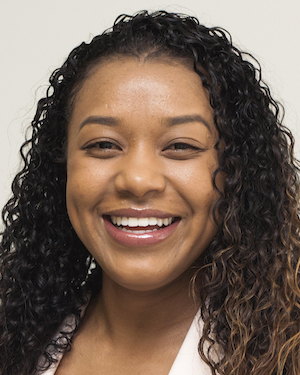
USC, CSUDH, and Loma Linda University at the 16th Annual Tea with a Scholar ⟩
October 15, 2018, by Serena
Diversity Getting Involved
At the 16th Annual Afternoon Tea with a Scholar, I received tips from self-care to ways to receive financial aid as a student and practicing OT. The event was very informative and a wonderful way to bring occupational therapists together. Previous student ambassadors have written about their experiences with past Tea with a Scholar events, which have featured Dr. Florence Clark and Dr. Ann McDonald.
So you may ask, “What is Afternoon Tea with a Scholar?” It is an annual event put on by occupational therapists. The intention is to bring the profession together to discuss current research in the field of Occupational Science. To set the scene a bit, there were students, faculty, and staff members from USC, Cal State Dominguez Hills (CSUDH), and Loma Linda University (LLU). Additionally, board members from occupational therapy organizations like the California Foundation of Occupational Therapy (CFOT) and the Occupational Therapy Association of California (OTAC) were present. So as you can probably tell it was a great way to get more connected with the larger OT community.
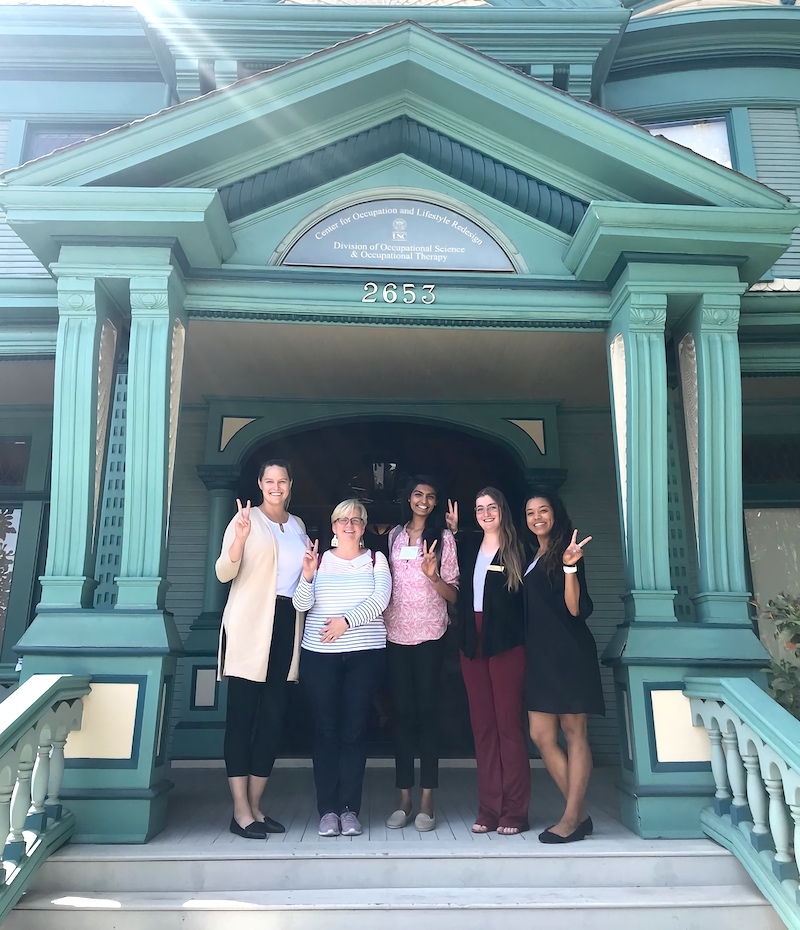
My colleagues and me at the 16th Annual Afternoon Tea with a Scholar proudly holding the Trojan sign in front of USC’s Center for Occupation and Lifestyle Redesign.
The event was held at USC’s historical Center for Occupation and Lifestyle Redesign. The topic of the afternoon was Community Health and Wellness. Dr. Julie Kugel was the honorable guest lecturer and is the director of the Occupational Therapy Doctorate (OTD) program at LLU. She presented on the current research she was engaged in and shared some of the impactful experiences that have shaped the scholar she is today. She addressed the concept of doubt and kindly stated that “Doubt does not make us any less, it makes us human.” The ability to select so many different paths in the field of occupational therapy at times creates doubt, at least for me (lol). However, with this new understanding, I find doubt to now be humanizing and a common life experience. Another concept that Dr. Julie Kugel spoke about was what it means to be a true scholar. A true scholar is a person who is able to engage in conversation and advocate for our profession. I find this skill to be crucial in our ability to expand in areas where OTs are not currently practicing but are so desperately needed in helping to promote overall health. Additionally, the benefits of volunteering at conferences was also touched upon since this allows you to understand and learn about what goes on behind the scenes. Plus, you can possibly receive a conference ticket discount by volunteering a couple of hours of your time. While volunteering, you never know who you may meet and what those connections may lead to in the vast world of occupational therapy.
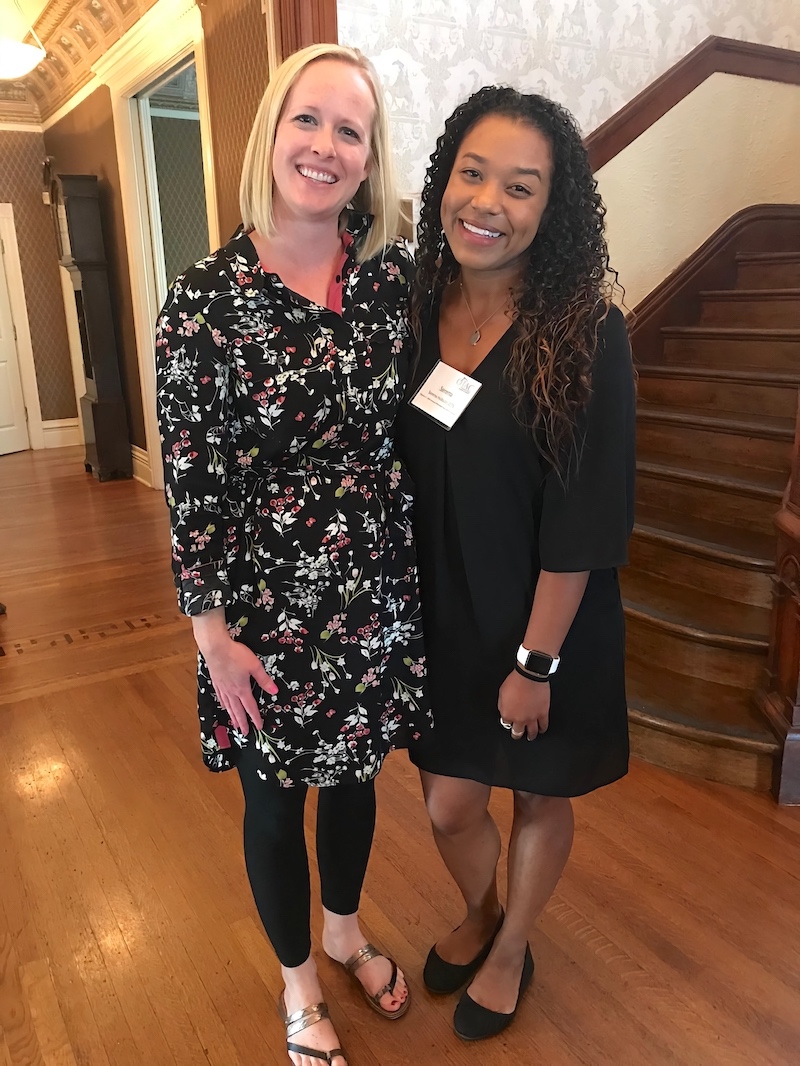
Dr. Julie Kugel after her lecture on Community Health and Wellness.
⋯
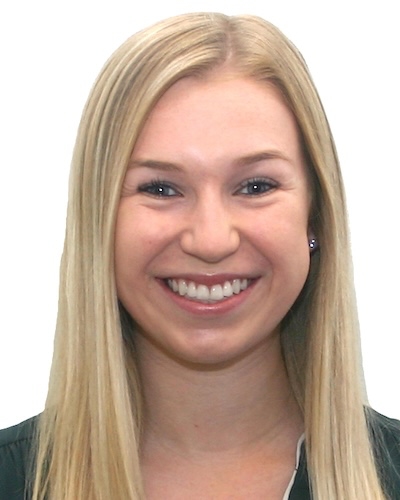
Teamwork Makes the Dream Work ⟩
October 1, 2018, by Jessica P.
Classes Getting Involved
One of my favorite parts of the USC OT program is that our learning doesn’t just stop in the classroom. Whether it’s going out to a hospital for fieldwork or to skid row to volunteer at the USC Student-Run Clinic (SRC), there are endless opportunities to apply our OT knowledge. One of the amazing opportunities we have to get involved through our Adulthood and Aging course is the Interprofessional Geriatrics Curriculum (IPGC).
IPGC is a chance for us to work with students from different disciplines including physical therapy, medicine, physician’s assistant, pharmacy, social work, and psychology. We get divided into teams and then paired with an older adult living in a low-income community housing complex.
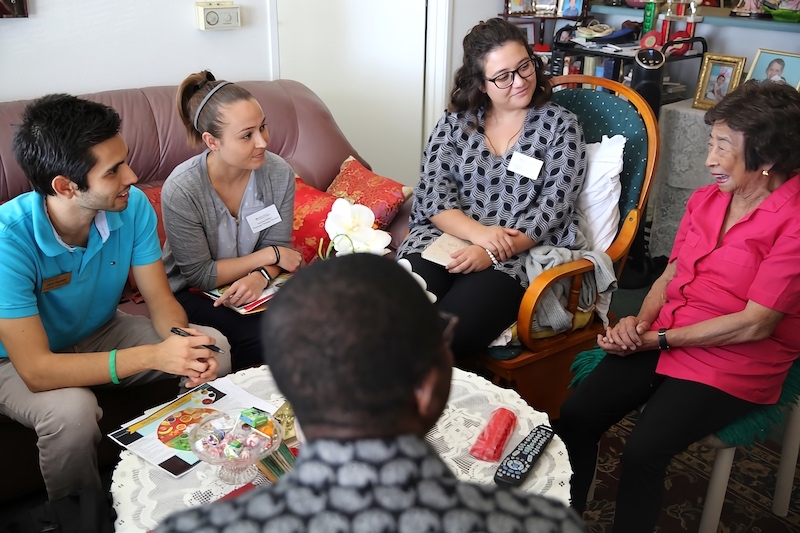
IPGC students meeting with their resident. Photo credit: Claire Norman, MSJ (courtesy of the Keck School of Medicine of USC)
Throughout the semester we spend a few Friday afternoons at the community housing complex where we get brief lectures on topics related to our visit, such as oral health, cognition, fall prevention, and psychosocial issues. After our lecture, we meet with our older adult to learn more about them and apply what we learned during our lecture.
This past Friday, I had my first IPGC visit where we started out the afternoon with a lecture on medication management and nutrition in older adults. Professors from pharmacy and medicine gave us resources, such as the Beers list, to utilize in our future practice.
After our lecture, we broke up into our teams and met our older adult who we will be working throughout the rest of the semester. We spent a lot of time building rapport with our resident and getting to know her story. My teammates and I discussed her various medications and different side-effects that may occur from those. As an OT student, my main role was teaching her how to utilize a pill box organizer and implement taking medications into her daily routines. We also discussed the importance of healthy, balanced meals and how this can influence the aging process.
The afternoon flew by so quickly that we were all sad to have our time come to an end. I felt as if we really got to know our resident and build rapport with her. After we met with our resident, our team debriefed on what went well for us as a team and identified strategies to improve on for next time. As occupational therapists, we often work in teams so learning how to navigate conflicts and communicate effectively is key and IPGC is the perfect place to begin practicing this.
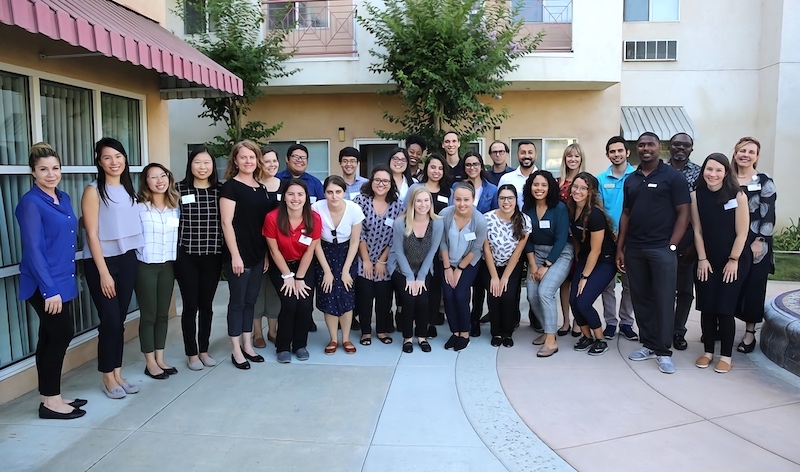
IPGC students. Photo credit: Claire Norman, MSJ (courtesy of the Keck School of Medicine of USC)
⋯
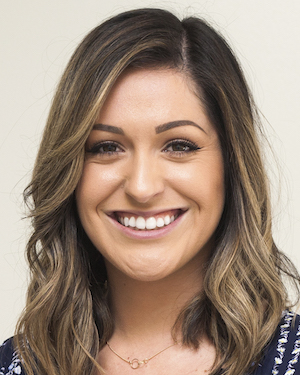
Let’s Talk Extracurriculars! ⟩
September 21, 2018, by Melissa
Getting Involved
A question we’re often asked is, “Can I work while I’m in the program?” And our answer to that is always that it depends! What we can handle varies person to person, therefore what you decide to take on while you’re in the program will depend on your preferences. That being said, our program is considered to be full-time and is enough to keep most people pretty busy!
If you do want to get involved, however, there are plenty of great opportunities to get involved on campus! Jessica, my fellow student ambassador, recently touched upon some of the professional and volunteering options you have. The organizations and clubs are diverse in what they address, and I feel like there is something for everyone out there. In addition to those options, you can also apply for a paid job within the division! The beauty of student worker positions is that they are relatively flexible, and everyone at USC is cognizant of the fact that we’re students! In addition to my student ambassador position, I’m also a student worker on one of the many research projects happening here at USC, called the Sensory Adapted Dental Environment 2 (SADE-2). I have learned so much in this position in my short time in the program, and I feel like I have a much better grasp on what a career in research entails.
Overall, my number one piece of advice for students that are wondering whether to get a job or participate in clubs/organizations is to make sure to have balance. This is something that everyone strives for and is difficult to achieve while in graduate school. Ultimately, only you know yourself best, and only you know how much you can handle, so just make sure you listen to your body! And most importantly, remember to enjoy the ride.
⋯





